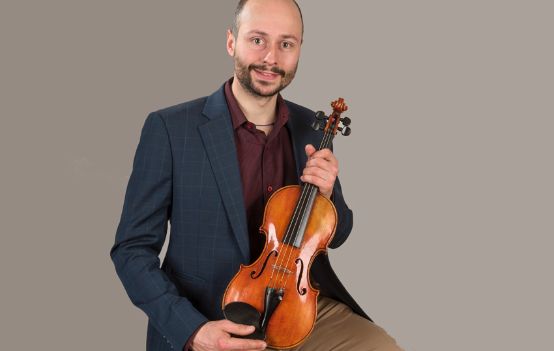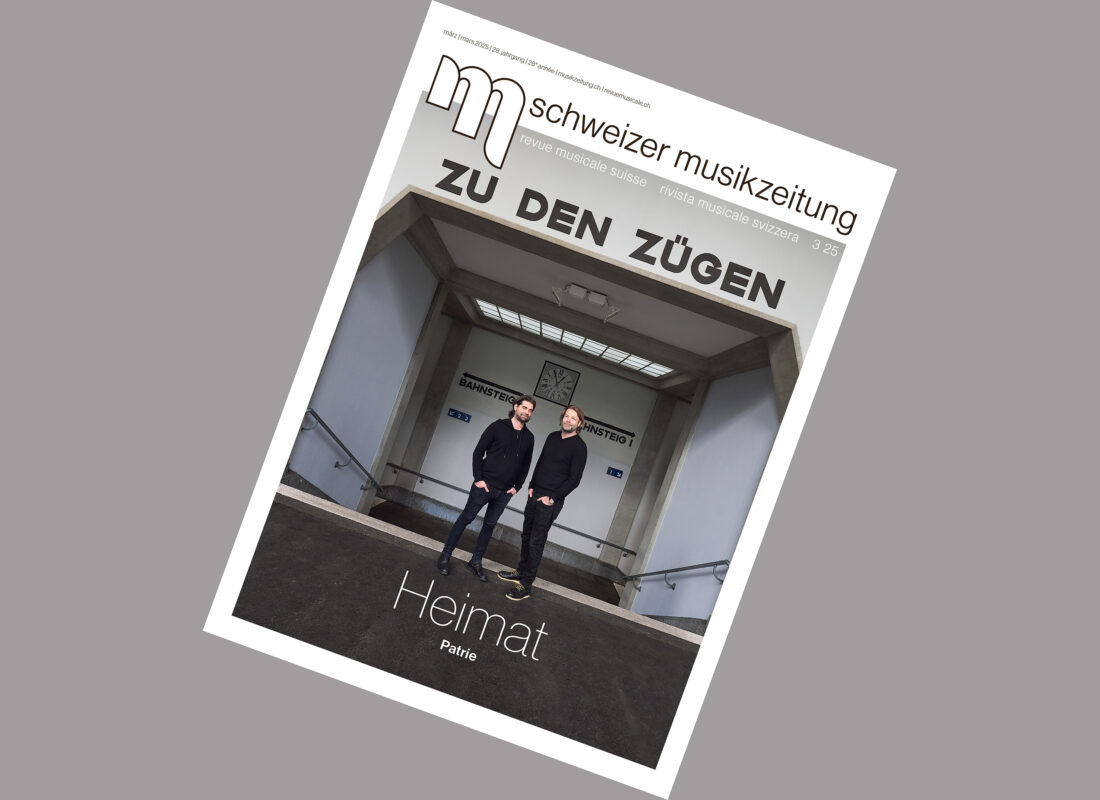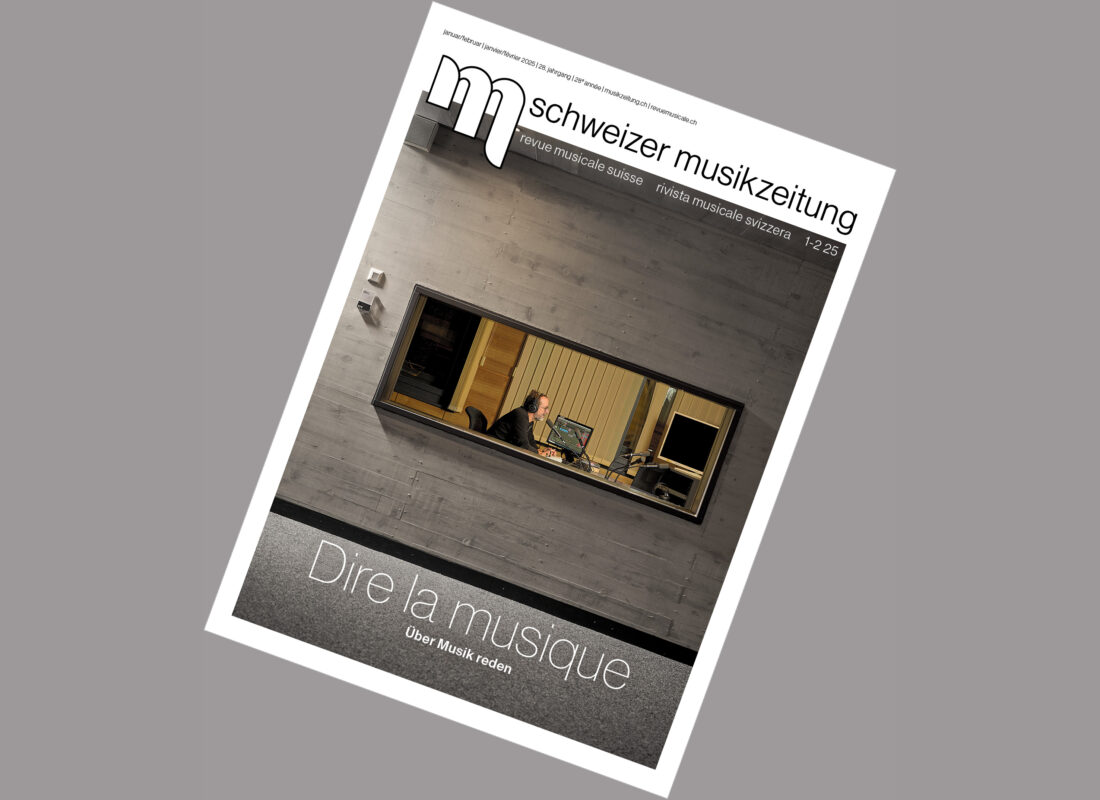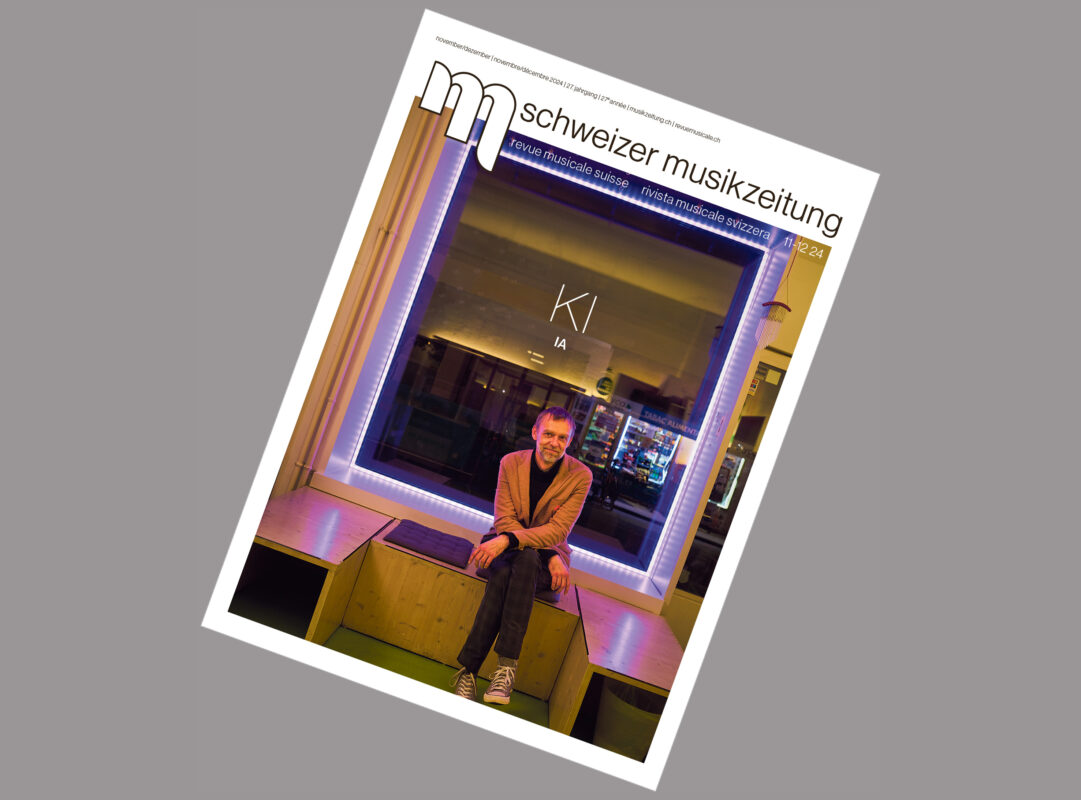Herculean task/Travaux d'Hercule
Johannes Reinhard, President of the Swiss Federal Orchestra Association EOV, answers the Schweizer Musikzeitung's questions about Corona.


Johannes Reinhard, President of the Swiss Federal Orchestra Association EOV, answers questions from the Swiss Music Magazine.
How are you and the EOV doing after this year?
It has been a very intense year for the Swiss Federal Orchestra Association, which has been very challenging. The physical delegates' meeting, which would have been a major event with great music workshops, had to be postponed and ultimately canceled. A replacement solution for the statutory business had to be found within a short space of time. The EOV also played a key role in the very rapid development of federal aid for amateur associations. Then there were significantly more inquiries from member orchestras to answer than usual. It was noticeable that the cogs on the EOV Board were meshing and that the association was functioning as a whole. This was mainly thanks to my very committed and flexible Board members, who did a great job!
I personally am doing well. As a geologist, I spend a lot of time outside on construction sites, so I was less affected by the restrictions imposed (e.g. the obligation to work from home) and was at least able to continue working as usual.
What is particularly drastic for you about the Corona period?
Like all musicians, I was naturally very saddened to have to give up making music in groups from one day to the next. And all visits to concerts by our member orchestras were also canceled. I can still clearly remember attending an orchestral concert in the Tonhalle Maag on March 3. An amateur orchestra played Strauss' Heroic life. The programming would have had the potential for a full hall. However, the large wooden hall was only filled to just over a third of its capacity and was greeted with a certain amount of skepticism after the first coronavirus cases became known in Switzerland.
And then came a long break. No more concerts, simply nothing. When I went to a concert again for the first time in 192 (!) days in mid-September (the Thun City Orchestra played Mendelssohn's famous violin concerto and Beethoven's Pastoral), I was totally moved by the intensity of the live experience and tears of emotion ran down my cheeks at the end.
How do you think the corona period is changing the music profession and your association?
I can't yet say much about the long-term effects of the coronavirus pandemic on the music profession. However, the crisis has certainly made us even more aware of the economic vulnerability of professional musicians than before. There is a problematic precariousness among freelancers in particular. In many places, there is a lack of social security, and if the usual events and concerts cannot take place, these people are in danger of falling like artists from a tightrope without a safety net.
Our association was forced to make some drastic decisions last year. In my opinion, the EOV has grown as a result of the difficult situation and has become more agile than I was previously aware of. We have certainly not done everything right, but we have come to terms with the situation to the best of our knowledge and belief.
What question would you like to ask the Federal Council or what would you like them to do to revive the music scene?
I fully support the measures imposed, even if they have completely paralyzed our amateur music-making at times. I think the Federal Council has done a very good job so far and has navigated us sensibly through the crisis. There is no point in forcing openings that result in an even more severe setback a short time later. However, whoever says A must also say B. This means that if the culture is no longer allowed to take place, social safety nets are needed for those affected. And although a lot has already been done in this area, there is still a lot to do. I hope that the Federal Council will secure the livelihoods of cultural workers in the long term. Because culture is just as important in our lives as the "economy"!








